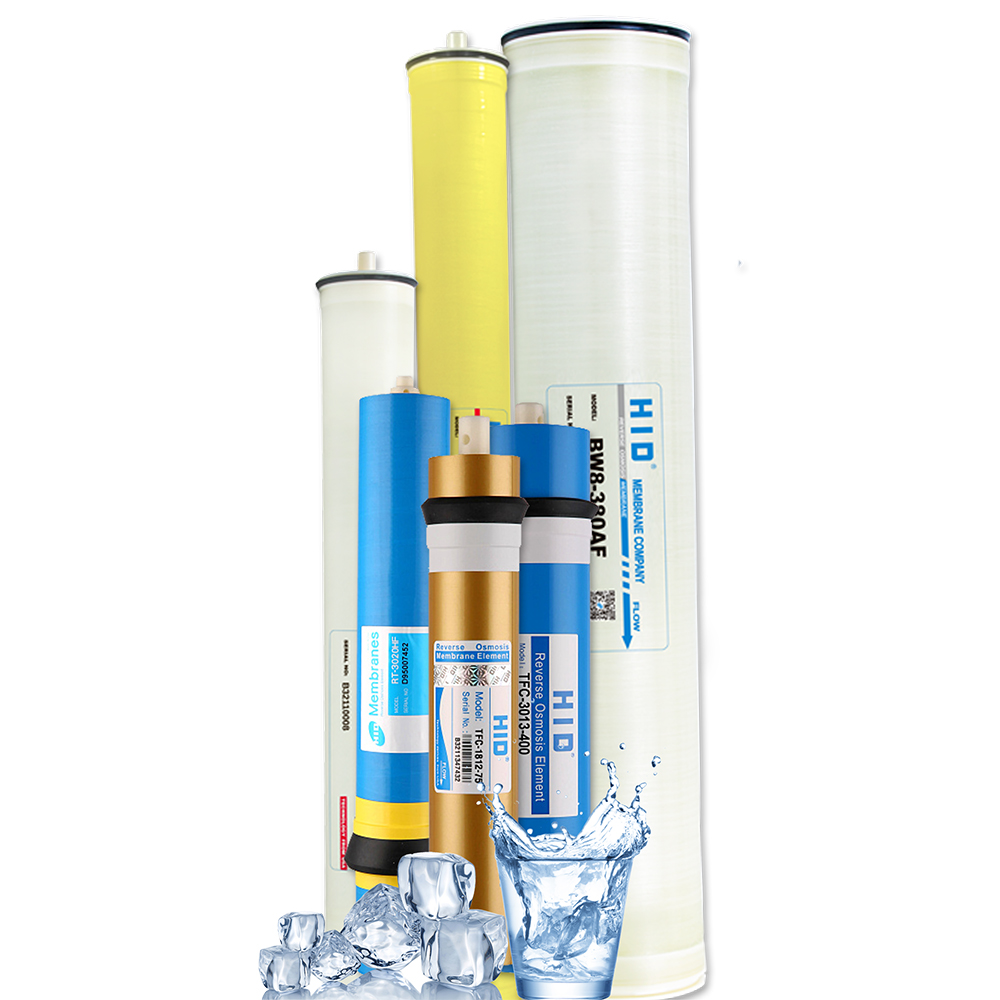What are the applications of pure water produced by reverse osmosis membranes besides drinking?(Part 1)
When performing professional window (glass and glass curtain wall) cleaning work, using tap water is ineffective. Because tap water contains impurities, measuring the impurity content in tap water with a TDS meter (in parts per million), 100-200 mg/l is a common parameter standard for tap water. Once the water evaporates, the remaining impurities will form spots and stripes, commonly known as water stains. Comparing tap water with pure water, pure water typically contains 0.000-0.001% impurities and almost no residual minerals or sediments. When used for cleaning window glass, even if pure water is not 100% removed from the window, it will not leave any residue after the water evaporates. The windows can be kept clean for a longer period of time.
The scientific basis for the good cleaning effect of pure water on glass. In its natural state, water contains impurities. Therefore, you must produce pure water through one or a combination of two water purification processes: reverse osmosis and deionization. Reverse osmosis is the process of removing impurities (technically ions) from water by forcing it through a filter (called a membrane). Using pressure to force water through the ro membrane, impurities remain on one side of the membrane, and purified water remains on the other side. Deionization, sometimes referred to as demineralization, is the process of removing positive metal ions (impurities) such as calcium and magnesium, and replacing them with hydrogen and hydroxyl groups to form pure water. By using any one or combination of these processes, up to 99% of sediment and minerals can be removed from ordinary water, creating water with almost no impurities.
When cleaning windows and glass with pure water, once it reaches the surface, the water immediately tries to return to its natural state (with impurities). For this reason, pure water will search for dirt, dust, and other particles that may adhere. Once these two elements meet, they will bind together for easy removal during the rinsing step of the process. During the rinsing process, as pure water has no dirt available for binding, the water will simply evaporate, leaving a clean, spot free, and stripe free surface.
As more and more property managers and window glass cleaning professionals discover the benefits of scientifically supported pure water cleaning, they have adopted pure water cleaning as the new standard. Pure water cleaning provides the cleanest, safest, and most environmentally friendly option for outdoor commercial window cleaning. In recent years, the use of pure water cleaning has expanded to new markets and continues to develop into a cleaning solution for treating other surfaces such as solar photovoltaic panels. Before using pure water for cleaning solar photovoltaic panels, chemicals found in traditional cleaning solutions can deteriorate and damage their surfaces, ultimately having a negative impact on the lifespan of the solar panel (photovoltaic panel) system. Since pure water is a natural detergent that does not contain any chemicals, this concern is eliminated.









